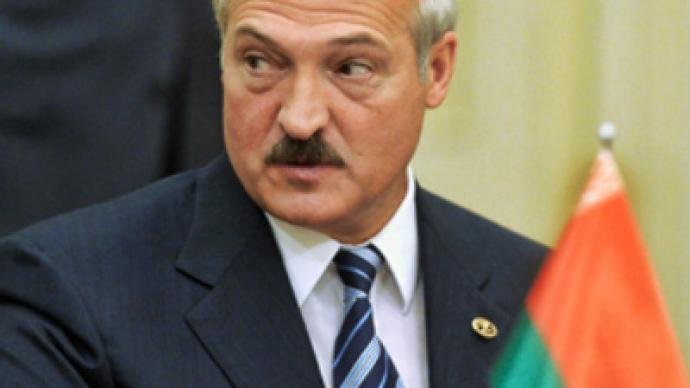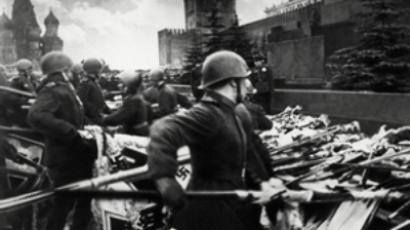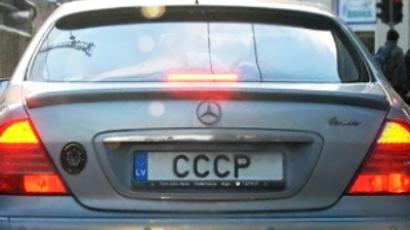Lukashenko finds alternative to Kremlin in Russia’s regions

The Belarusian leader insists that criticism from the Kremlin is “a personal conflict” as he tries to establish stronger ties with Russian governors.
Despite recent tensions between Moscow and Minsk, Belarusian President Aleksandr Lukashenko has denied the existence of any conflicts between the two countries.The possible rifts may emerge only between politicians, he said. “Irrespective of whether the politicians want it or not, the Russians and the Belarusians cannot be torn away from each other,” he said on Thursday. Lukashenko was speaking with the governor of Russia’s Kursk Region, Aleksandr Mikhailov.Everything that is happening now in the relations between the two countries is “absolutely subjective,” the president said, referring to critical materials about him published in the Russian media. “It is a very personal conflict, so you should interpret it precisely that way,” he was quoted by Itar-Tass as saying.Russia’s NTV television has recently shown a series of documentaries that many say was directly aimed at the Lukashenko regime. However, some observers doubt that this criticism may undermine Lukashenko’s position in Belarus.Commenting on the documentaries, he said that nothing shown in them concerns Belarus or its president. “It is not a film about me, it is a film about them,” he said. “We shall not permit any reaction to that filth from Belarus,” he noted, adding that he was not going to answer the criticisms.Lukashenko also stressed that his country is interested in the realization of the agreements about the work of the Customs Union between Russia, Belarus and Kazakhstan. Minsk is ready for “pragmatic relations,” he said, adding that they “should not discriminate” against Belarus.Meanwhile, observers believe the conflict with Moscow may really harm Lukashenko. Moscow and Minsk may have already passed the critical point and it will be too difficult “to return to the old good relations,” Nezavisimaya Gazeta daily said.Russia may also take an active stance during the next presidential elections in Belarus. Moscow is planning to observe the elections together with the Organization for Security and co-operation in Europe. The OSCE has essentially agreed on such co-operation, the paper said.The poll in Belarus may be scheduled for the end of this year. “For the first time in history, the Kremlin may not support the results of the forthcoming elections,” said Sergey Markov, a State Duma deputy from the ruling United Russia party. His opinion has been circulated in the Belarusian opposition media.Thus, the chance to “become the unrecognized president is now seriously looming for Lukashenko,” the daily noted. “Then he will be able to become fully aware what Abkhazia and South Ossetia feel, the republics that he has not recognized.”“It seems that Lukashenko has not decided how to overcome this situation and to remain a legitimate president,” the paper added.However, the Belarusian president may look at the Russian regions as an alternative to the Kremlin, Kommersant daily assumed. They could become “the foundation of the integration between the two countries," Lukashenko said, singling out the example of the Kursk Region.But since the documentaries on Russian TV, Lukashenko has found himself in a difficult situation. Analysts also doubt he will be able to build strong relations with Russian regions.Lukashenko’s hope of finding partners who may change Russia has not been realized, and the union between Minsk and the Russian regions is unreal, Belarusian analyst Valery Karbalevich told the paper. “Now Russian regional elites are less independent, which has undoubtedly narrowed the room for Lukashenko’s maneuver in Russia.” Sergey Borisov, RT














